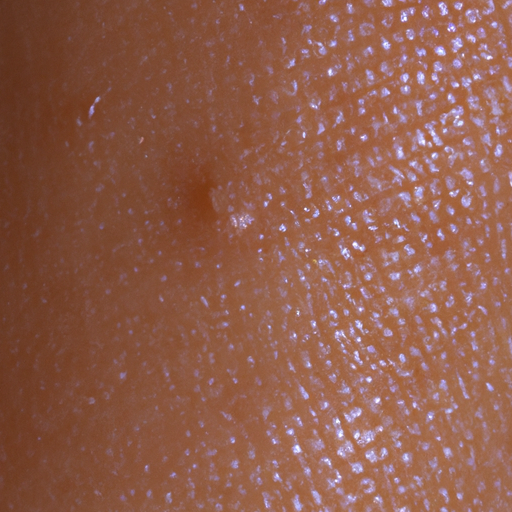As a dermatologist, I often encounter patients who are struggling with oily skin. This condition, characterized by an overproduction of sebum, can lead to a shiny complexion, enlarged pores, and an increased risk of acne. However, with the right strategies, it is possible to combat oily skin and maintain a healthy, balanced complexion. Here are six proven strategies to help you banish the shine.
1. Use the Right Cleanser: The first step in managing oily skin is using a cleanser specifically designed for this skin type. Look for products that contain salicylic acid or glycolic acid, as these ingredients help to break down excess oil without stripping the skin of its natural moisture. Avoid harsh soaps or detergents, as these can trigger your skin to produce even more oil in response.
2. Exfoliate Regularly: Exfoliation is key in managing oily skin. It helps to remove dead skin cells that can clog pores and lead to breakouts. However, it’s important not to overdo it. Over-exfoliating can irritate the skin and stimulate more oil production. Aim to exfoliate 1-2 times per week with a gentle scrub or chemical exfoliant.
3. Stay Hydrated: While it may seem counterintuitive, keeping your skin hydrated is crucial in controlling oil production. When your skin is dehydrated, it can trigger the sebaceous glands to produce more oil to compensate. Therefore, always ensure you’re drinking plenty of water and using a lightweight, oil-free moisturizer.
4. Use Oil-Free Makeup: If you wear makeup, opt for oil-free or non-comedogenic products. These are less likely to clog your pores and contribute to oiliness. Also, consider using a mattifying primer before applying your makeup to help absorb excess oil throughout the day.
5. Eat a Balanced Diet: Your diet can also play a role in your skin’s oil production. Foods high in sugars and fats can stimulate oil production, while foods rich in vitamins A and E, zinc, and antioxidants can help regulate it. Incorporate more fruits, vegetables, lean proteins, and whole grains into your diet for healthier skin.
6. Consult a Dermatologist: If you’re still struggling with oily skin despite your best efforts, it may be time to consult a dermatologist. We can provide personalized advice based on your specific skin type and concerns. In some cases, prescription treatments may be necessary to help regulate oil production.
Remember, while having oily skin can be frustrating, it also has its benefits. For instance, people with oily skin tend to have fewer wrinkles and better natural moisture retention. The key is not to eliminate oil completely, but to strike a balance where your skin is neither too oily nor too dry.
In conclusion, managing oily skin requires a combination of the right skincare products, a balanced diet, and professional advice. By implementing these strategies, you can effectively combat oily skin and achieve a healthier, more balanced complexion. Remember that everyone’s skin is unique, so what works for one person may not work for another. It’s important to listen to your skin and adjust your routine as needed. With patience and consistency, you can successfully banish the shine and embrace your natural glow.



